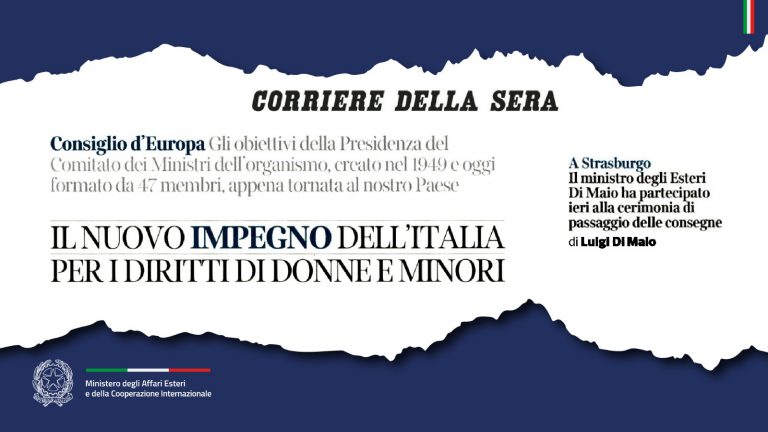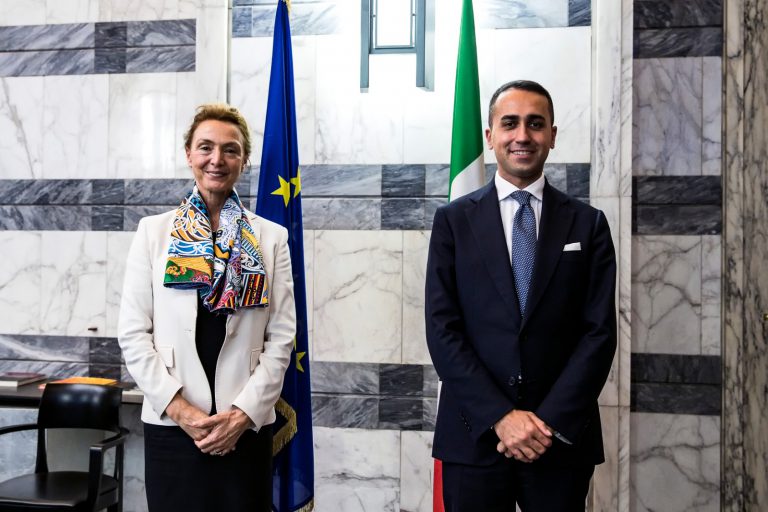“Italy considers the protection and promotion of the fundamental rights to be an essential part of its foreign policy […] because wholesale violations of human rights create instability and give rise to conflicts, and conflicts crush people’s dignity underfoot”. These were the words of Foreign Minister Giulio Terzi, presenting the Italian Human Rights Yearbook 2012 at the Foreign Ministry in Rome. The Yearbook is produced by the “Inter-Departmental Centre for Human Rights” at the University of Padua. It covers the initiatives taken by Italy in all the international fora to promote the protection and affirmation of the fundamental human rights.
Italy’s efforts will be confirmed at the UN
Italy’s efforts are addressed, inter alia, at freedom of religious freedom, the right of free expression, including on the Internet, and the defence of women, children and people with disabilities. It includes campaigns against the death sentence and female genital mutilation and will be confirmed next week when the Prime Minister attends the opening of the 67th session of the United Nations General Assembly. The premier will be accompanied by an authoritative parliamentary delegation that includes the Chair of the Human Rights Committee, Marcenaro, explained Terzi. He reiterated that “we will make every effort to take forward the adoption of resolutions on two issues of the utmost priority for Italy: freedom of religion and the campaign against the death penalty”.
Freedom of religion: Our goal is a resolution voted by all against any form of religious intolerance
As regards freedom of religion, Terzi specified that “our goal is a resolution voted by all member states that condemns, without mitigation or exceptions, all forms of religious intolerance. It should also strengthen the language of the latest texts approved, with a key contribution from Italy, by the General Assembly and by the Human Rights Council”. The second priority issue will be the campaign for a moratorium with a view to the universal abolition of the death penalty. “The aim is to increase the number of countries on the side of abolition or at least agreeing to an indefinite suspension of executions”.
Human rights must be at the core of international relations
The protection of human rights “must always be at the core of international relations […] This is because they have acquired an operational dimension, in light of the close relationship between rights violations and conflict, mass migration, and the spread of terrorism”, added the Minister. It is in this spirit that he has conceived, with his Swedish colleague Carl Bildt, a reflection process to equip Europe with a global strategy revolving around the protection of rights. Acting as “godmother” for the initiative is the High Representative, Catherine Ashton, who hopes that “it is able to supplement, up-date and strengthen the existing European Security Strategy, adopted in 2003”.
The protection of human rights, moreover, was – as proposed by Terzi – a central component of the final report to the European Union on the Future of Europe adopted recently by the Reflection Group. The Group is composed of 11 Foreign Ministers, brought together at the initiative of the German Minister, Westerwelle.



